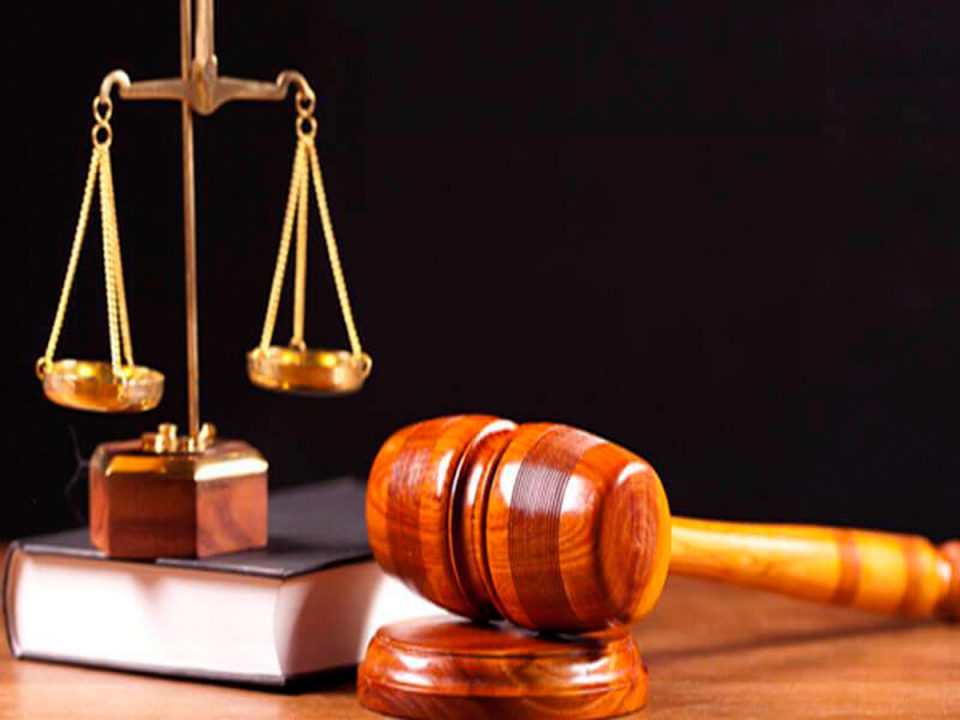Photo caption: Court
It is deeply troubling that, despite the establishment of anti-corruption agencies at both federal and sub-national levels, the speedy and unhindered trial of corruption cases in Nigeria remains more of a rhetoric than a reality.
Nigeria established the Independent Corrupt Practices and Other Related Offences Commission in 2000 and the Economic and Financial Crimes Commission in 2003 to help sanitise the country.
Yet, Nigeria continues to suffer from a lack of seriousness in preventing and prosecuting corruption, a double jeopardy for it. This cannot continue if Nigeria is to regain its dignity among countries and end decades of plunder that have stultified developmental efforts.
The judiciary, often regarded as the last hope of the common man, should be the most effective instrument in the fight against corruption.
Unfortunately, the widespread use of delaying tactics by judicial officers and prosecutors, such as frivolous injunctions, endless adjournments, and filing charges before completing investigations, has rendered the judiciary ineffective.
Executive interference further muzzles the fight against graft, denying the people justice. Indeed, justice delayed is justice denied.
The sentencing, in May, of two oil marketers, Mamman Ali and Christian Taylor, to 14 years’ imprisonment for a N2.2 billion petrol subsidy scam highlights the embarrassment the judiciary and other prosecuting agencies have become in the country’s war on corruption.
The fact that it took the Lagos Special Offences Court 14 years to convict the duo for a crime committed in 2011 highlights the gross inefficiency of Nigeria’s judicial system.
The Human and Environmental Development Agenda’s 2024 publication of the eighth edition of the Compendium of 100 High-Profile Corruption Cases in Nigeria paints a forbidding picture.
This “black book” lists politically exposed persons—former governors, ministers, lawmakers, top security chiefs, and heads of ministries, departments, and agencies—whose cases often drag on unresolved, with some eventually receiving pardons. Such outcomes suggest that the government is not serious about combating corruption.
The trial of a former National Security Adviser, Sambo Dasuki, who was arrested in December 2015 for allegedly diverting $2.1 billion from funds appropriated for prosecuting the war against terrorism, began afresh in March, 10 years after the case was first filed in 2015 under the administration of ex-President Muhammadu Buhari.
A senator and former governor, Orji Kalu, who was jailed for 12 years after being convicted of N7.1 billion fraud, had the judgement quashed because the judge was a vacation judge!
At least three ex-governors were granted pardons after being sentenced for misappropriating their states’ funds. Another ex-governor was jailed abroad after Nigerian courts had freed him on the same charges. These pathetic outcomes only tarnish the country’s reputation.
According to Transparency International’s 2024 Corruption Perception Index, Nigeria ranked 140th out of 180 countries, with a score of 26, just one point better than in 2023.
The Centre for the Study of the Economies of Africa estimates that Nigeria loses $18 billion to corruption annually.
Attempts to address the slow prosecution of corruption cases have failed. In 2017, former Chief Justice Walter Onnoghen inaugurated the Corruption and Financial Crimes Cases Trial Monitoring Committee to supervise high-profile cases, but its impact has been negligible.
The Administration of Criminal Justice Act 2015 was meant to promote efficient management of the criminal justice system and ensure speedy dispensation of justice, but corruption cases still proceed at a snail’s pace.
Denmark, Finland, and Singapore have set the pace in the effective fight against corruption through decisive and transparent application of their rules. Nigeria must follow in their footsteps.
Indeed, there is an urgent need to rescue the war against corruption through political will and the introduction of judicial reforms that will ensure speedy trials.
Special courts should be established across the country to speedily handle corruption cases.
=== Punch Editorial Board ===



